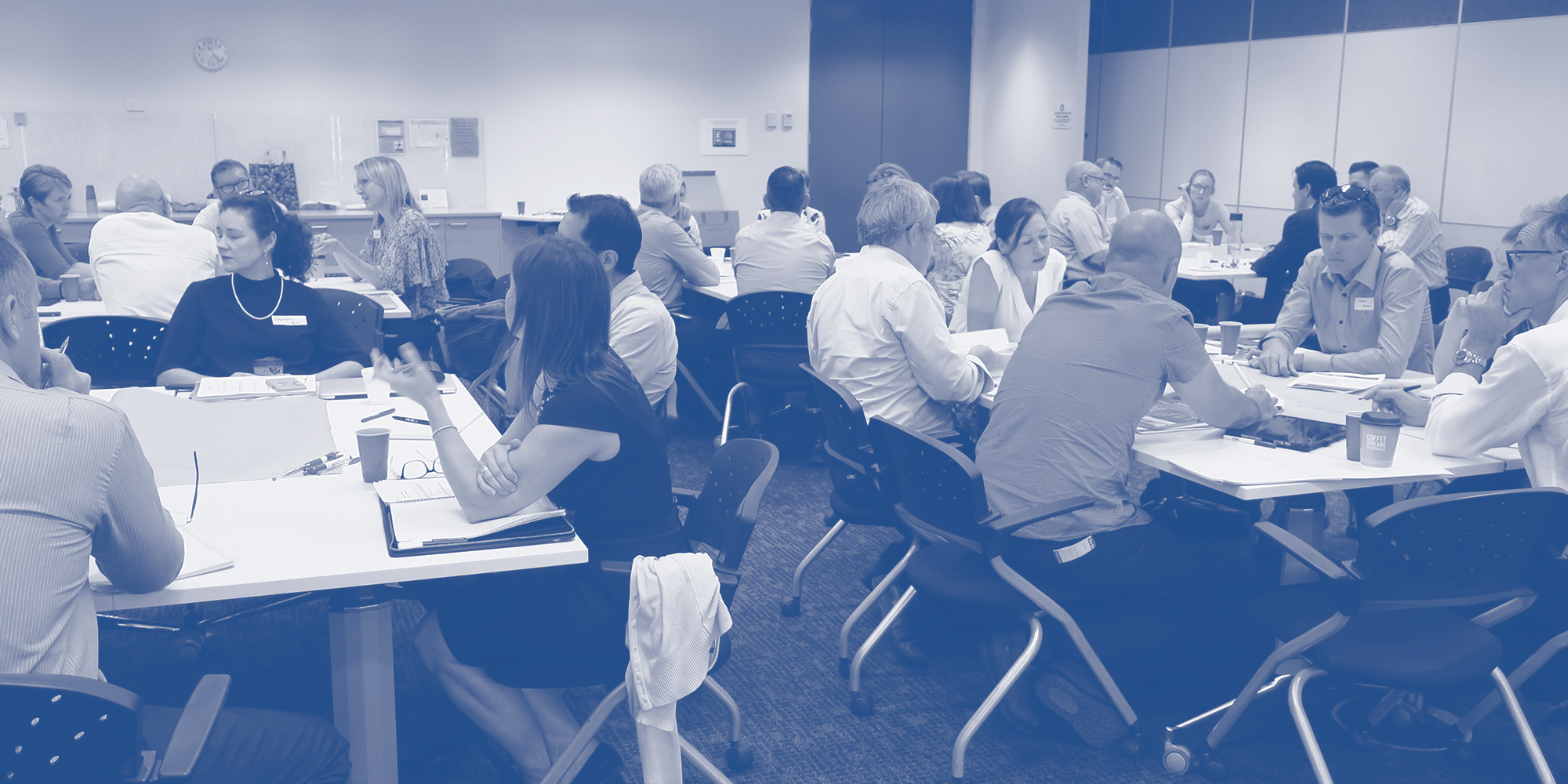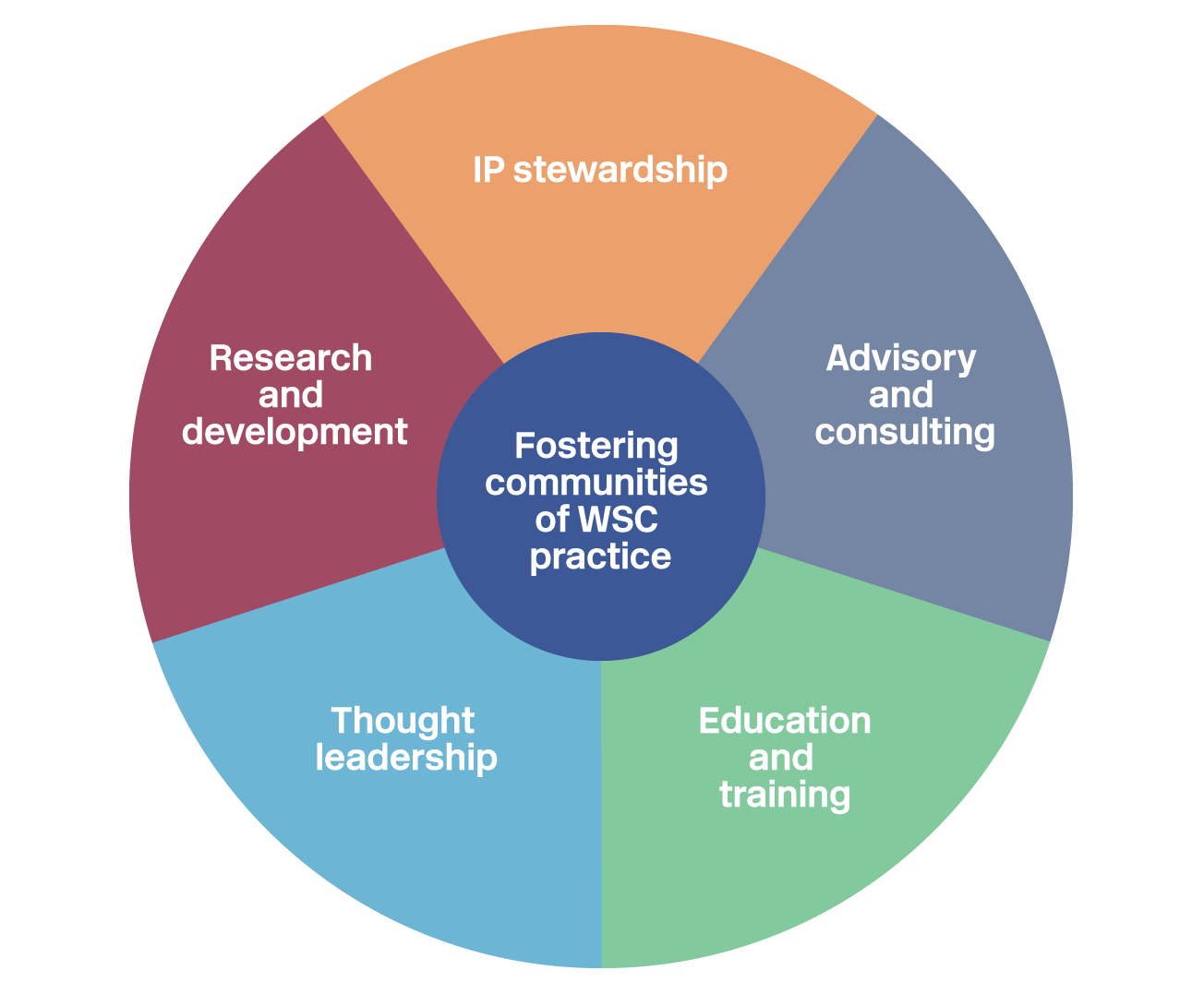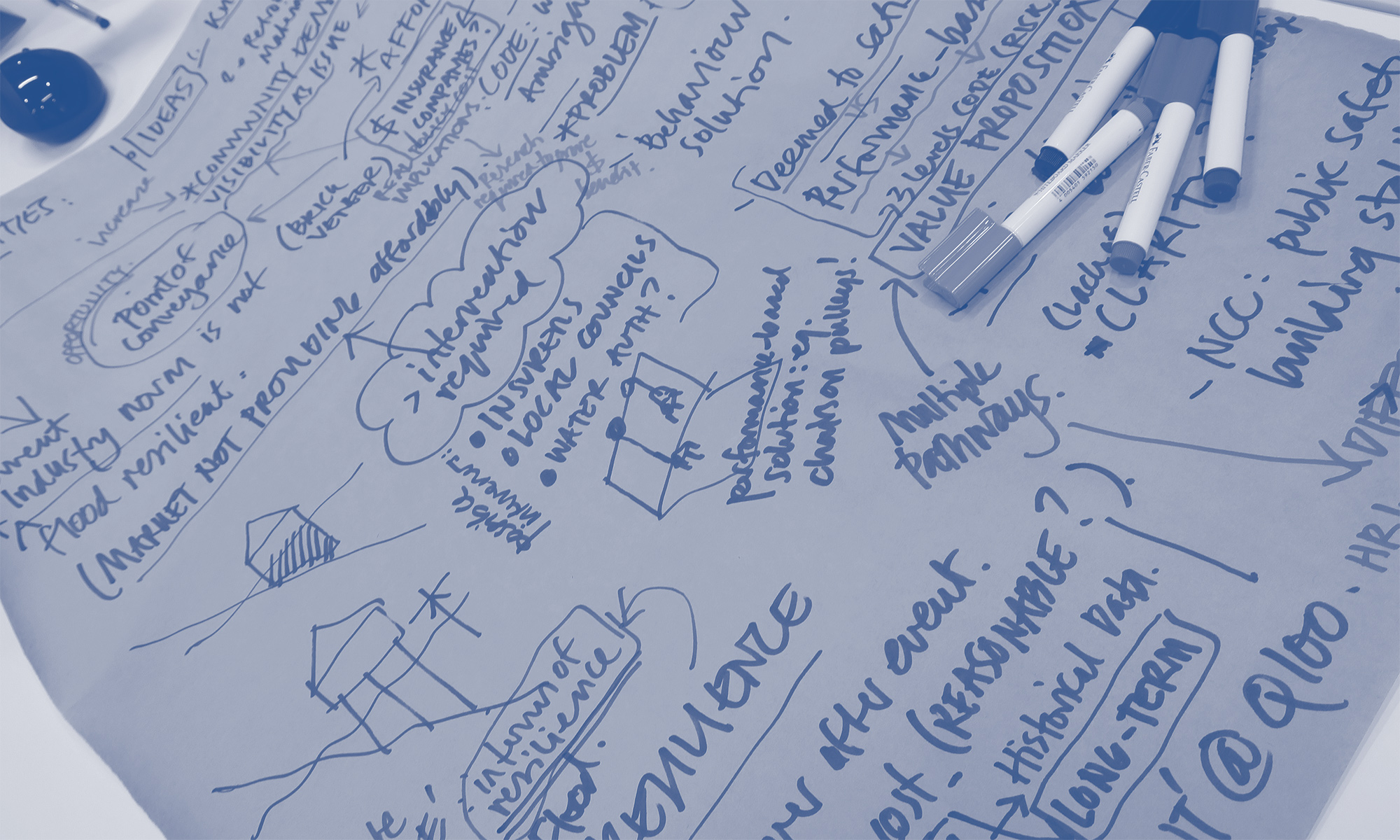Our Water Sensitive Cities Institute has a proposed new business model for post 2021
Given the success of the CRC for Water Sensitive Cities (CRCWSC), there is strong support to continue the water sensitive cities (WSC) mission and mainstream our progress. As Australian cities and towns face the impacts of urbanisation and climate change, all stakeholders understand we need resilient communities and smarter resource use. The CRCWSC has made good progress towards achieving these outcomes.
But, there is more to do and the CRCWSC’s term expires in at the end of June 2021. Plus, we need to maintain and build on our existing IP over time, otherwise we risk losing momentum and some of our hard won achievements. To respond to future challenges facing our communities and environment, we need new frontier knowledge to advance policy and practice, take advantage of new technology, better understand the ‘science of mainstreaming’, and leverage water sector experience to build stronger partnerships with other city shaping sectors.
Our core industry partners and our key research partners have reaffirmed their commitment to this transformative cities agenda with water at its core. They support a social–technical approach, telling us that an integrated research-to-practice entity is needed to mainstream current WSC practices and to create the next generation of water knowledge, partnerships (including non-water sector partnerships) and practices.
As such an entity, the Water Sensitive Cities Institute will be our legacy vehicle from 2021. Our Board and Executive are confident the Institute—with its national perspective and active industry collaborations—will provide the most effective stewardship of the WSC vision through to 2026. Importantly, it will be a smooth transition for our Participants, and one that continues to service their needs.

We propose a much bigger remit for the Institute
Currently, the Institute works with our commercial Participants, SME associates and university partners to deliver strategic and bespoke consulting services. By initially focusing on commercial activities, the Institute has:
- given the CRCWSC a chance to increase our delivery capacity and focus
- put in place the foundations for a secure financial future
- provided opportunities for international partnerships and proof-of-concept testing of WSC practices at no cost to Participants.
Post June 2021, the Institute’s structure and remit will broaden, and it will operate like a mini CRC. Using a fresh business model and expanded activity portfolios, the Institute will assure the legacy of the CRCWSC, deliver a state-directed program of mainstreaming current water sector innovation, and catalyse the next frontier of transformative knowledge and practice.
Our close links to breakthrough research will not change. Nor will our commitment to encouraging adoption of CRCWSC knowledge and practice. Without new research knowledge, advocacy for enabling regulation, and further advances in industry awareness and capability, our relevance and impact will decline over time.
Consultation consistently tells us that system level change is needed to respond to future challenges, and that we need an integrated research-to-practice approach—like that of the CRCWSC—to achieve this change. So, over the next 18 months, we will build the Institute’s capacity to continue industry’s access to the critical enabling service that the CRCWSC provides.
But how do we make this happen?
Figure 1 is a diagrammatic representation of the Institute’s proposed model, comprising six portfolios (and activities within those portfolios):
- Research and development—broker investment in and create new knowledge, tools and innovation
- IP stewardship—provide broad access to IP and fund ongoing tool maintenance and development
- Advisory and consulting—create markets for and demonstrate new WSC practices
- Thought leadership—provide thought leadership, advocate for WSC practices and build the Institute's profile
- Education and training—build new industry capabilities and train emerging professionals
- Fostering communities of WSC practice—drive WSC mainstreaming activities and foster a global community of practice.

Diagrammatically, the portfolios are of equal size, because they contribute equally to achieving large scale change. However, they are currently at different stages of development. Initially, we focused on supporting the uptake of the CRCWSC’s current research program. Now, we are ramping up activities to ensure easy access to CRCWSC IP, along with thought leadership and training activities, to support the next generation of WSC leaders and technical experts.
The Institute’s future research will focus on deeper understanding of water sector issues, and broader collaboration with other sectors. Our proposed research themes include:
- Integrated systems—e.g. circular economy principles, smart infrastructure, nature-based technologies, integrated planning and assessment
- Healthy cities—e.g. housing and urban design, human health and wellbeing, ecological health
- Engaged communities—e.g. diverse knowledge and values, Aboriginal involvement, collaborative governance
- Funding and servicing—e.g. comprehensive economic analysis, policy instruments and regulatory mechanisms, business models and servicing strategies, financial products
- Scaling innovation—e.g. enabling governance, transformative pathways, knowledge-sharing platforms
This is a big research agenda and we are exploring several avenues to secure funding. These options include supporting a number of Round 22 CRC bids this year, and we plan to lead a Round 23 CRC bid (June 2021).
Adoption activities and making the most of the knowledge we have generated remains a key focus for the Institute and its value proposition to our partners. To ensure their relevance, adoption and mainstreaming activities will reflect five key features:
- Locally defined success
- A menu of adoption activities co-delivered by Institute partners
- Research driven change
- Learning by doing
- National activities.

Transitioning ownership and funding
The Institute will not change from being a not-for-profit enterprise. But, because it’s a wholly owned subsidiary of the CRCWSC, we need to transfer its ownership before 1 July 2021. We’re exploring several ownership and partnership options (e.g. ownership within a university, or multiple universities and industry co-ownership joint ventures). Our key considerations include maintaining our independence, agility, scalability and pathways to impact,
We are currently envisioning a governance structure similar to the CRCWSC, comprising:
- an advisory board (nominated by partners), which guides strategic decision making and national programs and products, and oversees performance
- regional advisory panels or transition networks, which set local adoption and research priorities
- owners, who bear ultimate responsibility for the Institute.
We’re also examining the Institute’s future funding. Under the proposed model, the Institute could receive funding from: R&D funding from government, industry and philanthropy; fee-for-service projects; and subscription fees. At the moment, we’re considering three subscription levels: Tier 1 Partnership, Tier 2 Advanced access, and Tier 3 Basic access.
Our next step is more consultation
The CRCWSC Board and Executive team have put a lot of thought into the Institute’s proposed new business model, and we are keen to hear wider views before we finalise it. With the Board endorsing the model in principle in December 2019, we will discuss it with Essential Participants in February 2020. Then, we’ll release a prospectus for wider engagement with regional advisory panels, and current and new partners in months to follow. Our aim is to finalise the Institute’s five-year work program around the middle of the year. By then, we will also have greater clarification about the Institute’s ownership.
We are excited to keep working with all stakeholders to ensure the CRCWSC leaves a legacy of enduring value beyond June 2021.
If you have questions about the Water Sensitive Cities Institute, or would like to be part of the business model development, please contact your regional manager:
Georgie Wettenhall (Victoria)—georgie.wettenhall@crcwsc.org.au
Mellissa Bradley (South Australia)—mellissa.bradley@crcwsc.org.au
Chris Tanner (Queensland)—chris.tanner@crcwsc.org.au
Emma Yuen (Western Australia)—emma.yuen@crcwsc.org.au
Lorena Ikíc (New South Wales and other states and territories)—lorena.ikic@crcwsc.org.au
Or you can send an email to info@crcwsc.org.au and we will get back to you.